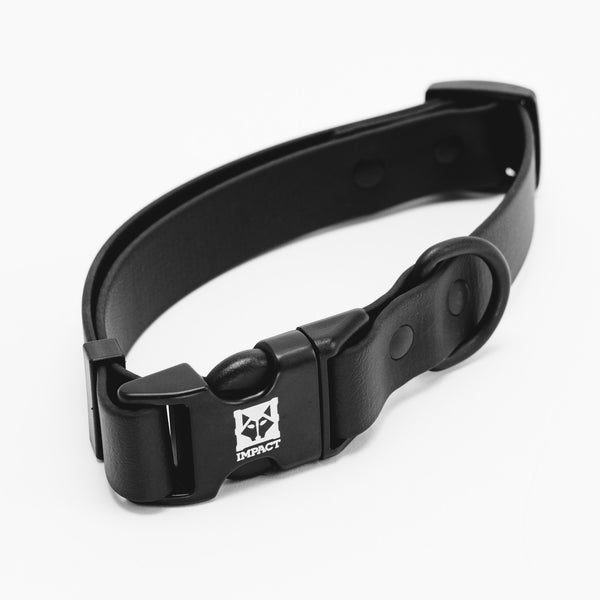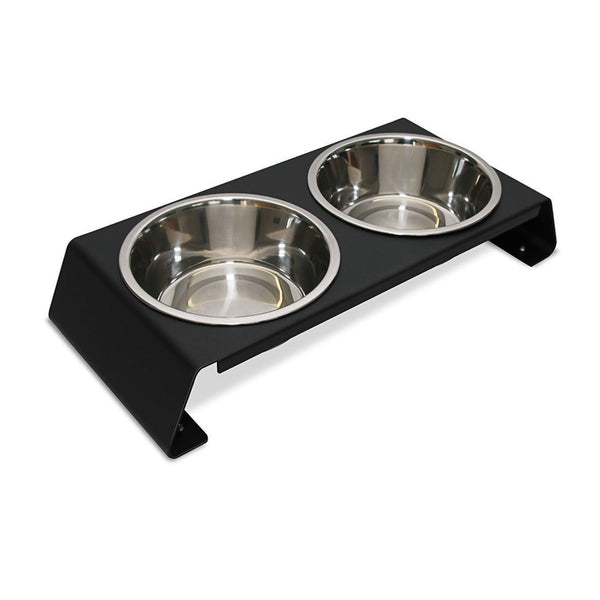Hypercalcemia is the medical term for elevated calcium levels in the blood. While calcium is essential for your dog’s bone strength, muscle movement, and nerve function, too much of it can lead to serious health concerns. High calcium levels may stress the kidneys, disrupt normal digestion, and interfere with how cells communicate in the body.
When left untreated, hypercalcemia can result in lasting health damage. Fortunately, most dogs respond very well to early diagnosis and treatment with veterinary care.
Symptoms of Hypercalcemia in Dogs
Hypercalcemia can be tricky to detect, especially early on, as many dogs do not show symptoms right away. However, here are some common signs to watch for:
-
Increased urination
-
Increased thirst
-
Vomiting or nausea
-
Loss of appetite
-
Lethargy or lack of energy
-
Muscle twitching or weakness
-
Constipation
-
Depression or confusion
If your dog exhibits more than one of these signs, especially for more than a day or two, it is important to contact your veterinarian promptly.
Common Causes of Hypercalcemia
Several conditions can cause high calcium levels in dogs. The most common include:
-
Hyperparathyroidism – Overactivity of the parathyroid glands
-
Cancer (Neoplasia) – Especially lymphoma or anal gland tumors
-
Kidney disease – Chronic or acute renal failure
-
Toxins – Ingestion of substances like rodenticides or excessive vitamin D
-
Addison’s disease – A hormonal imbalance
-
Granulomatous disease – Inflammatory or infectious immune responses
Your veterinarian will determine the underlying cause through clinical evaluation and diagnostic testing.
How Hypercalcemia Is Diagnosed
Your veterinarian will begin with a physical exam and a discussion about your dog’s medical history and behavior. To confirm hypercalcemia and find its cause, your vet may recommend:
-
Blood tests to measure calcium and hormone levels
-
Urinalysis to assess kidney function
-
Imaging tests such as X-rays or ultrasound to detect tumors or gland abnormalities
-
Hormone panel tests for a more detailed diagnosis
These tests are essential to tailor the treatment and support plan specific to your dog’s needs.
Treatment Options for Hypercalcemia
Treatment depends on the cause, but the main goal is to lower calcium levels and treat the underlying issue. Common treatments include:
-
Intravenous fluids – To help flush excess calcium from the body
-
Diuretics – To promote calcium excretion through the urine
-
Steroids or other medications – To reduce immune response or calcium release
-
Surgery – In rare cases, to remove abnormal parathyroid glands or tumors
-
Chemotherapy – If cancer is the underlying cause
Ongoing monitoring and regular vet visits will help track progress and guide further treatment decisions.
Caring for Your Dog at Home
Once treatment begins, proper at-home care is key to your dog’s recovery. Here’s how you can help:
-
Follow all medication instructions exactly as prescribed
-
Make sure your dog always has access to clean, fresh water
-
Adhere to any dietary recommendations or restrictions
-
Avoid treats or bones high in calcium unless approved by your vet
-
Observe your dog closely for any changes in appetite, behavior, or energy levels
-
Maintain open communication with your veterinarian, especially during early recovery
Most dogs improve significantly with consistent support and appropriate medical management.
When to Contact Your Veterinarian
If your dog begins acting unusually, or you notice signs such as vomiting, excessive thirst, or weakness, don’t wait. Early intervention can make a big difference in preventing long-term complications. Reach out to your veterinarian right away—15 minutes could be life-saving.
https://www.petmd.com/dog/conditions/endocrine/c_multi_hypercalcemia






